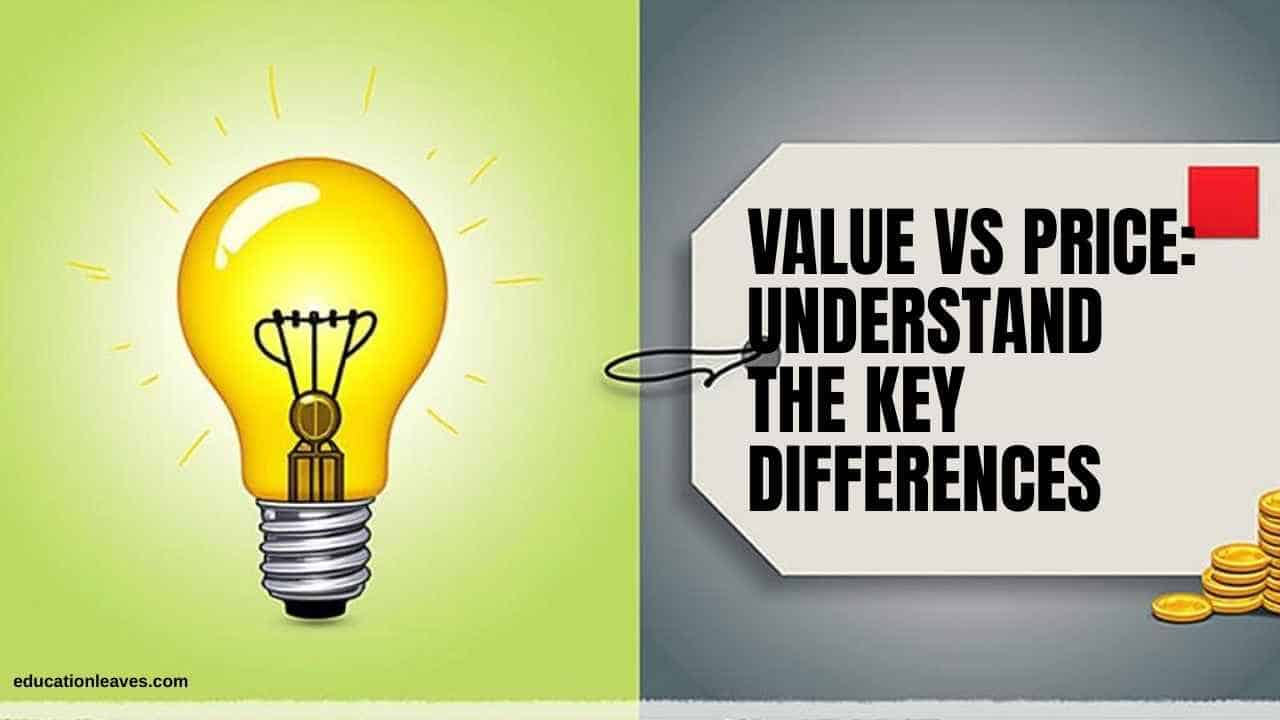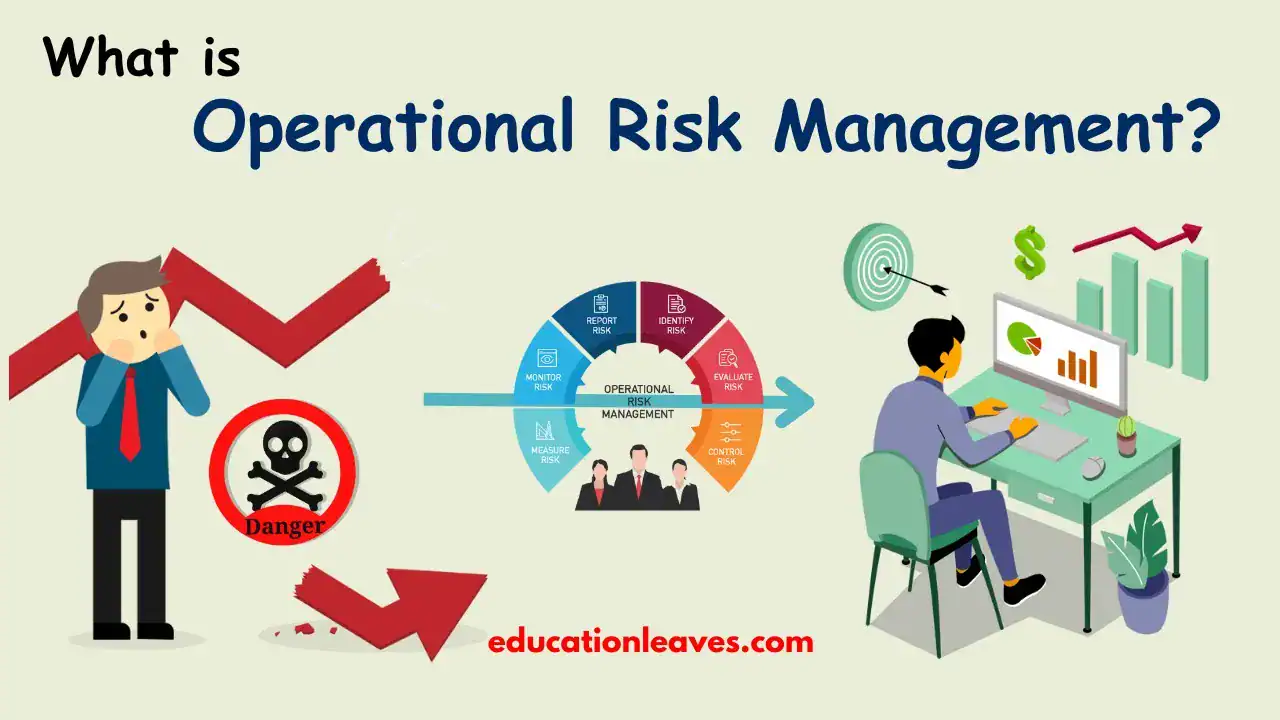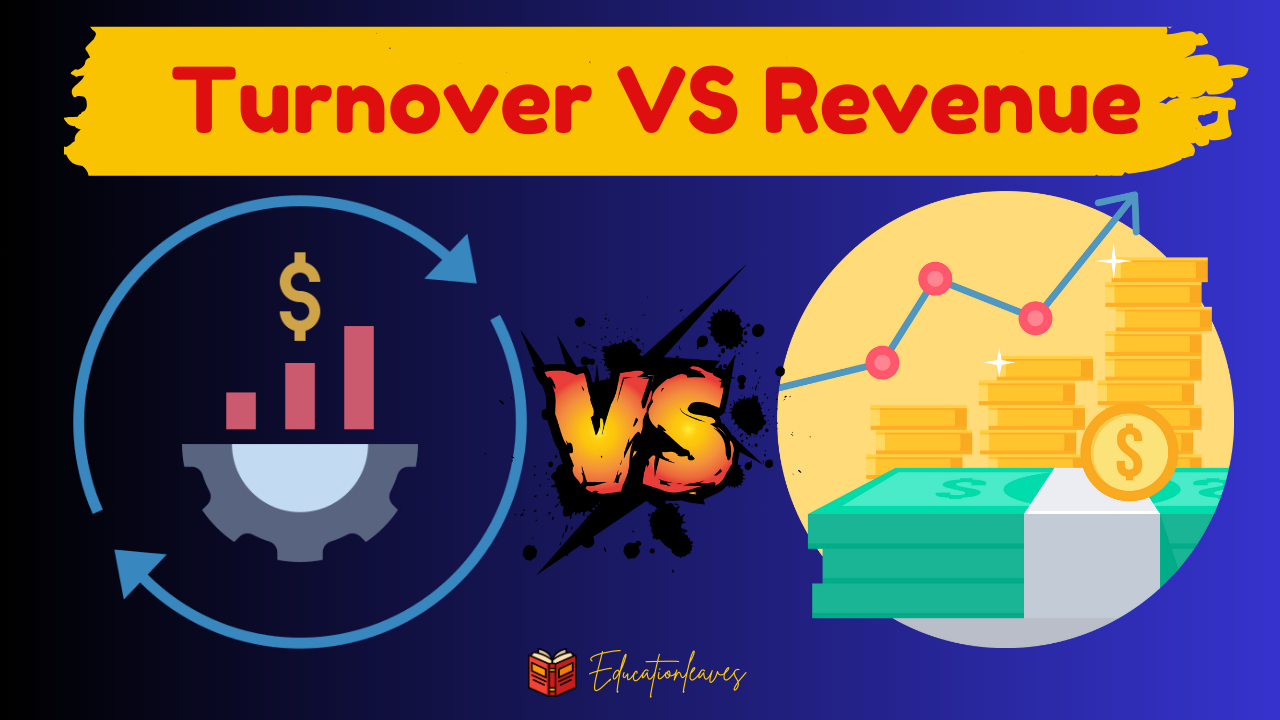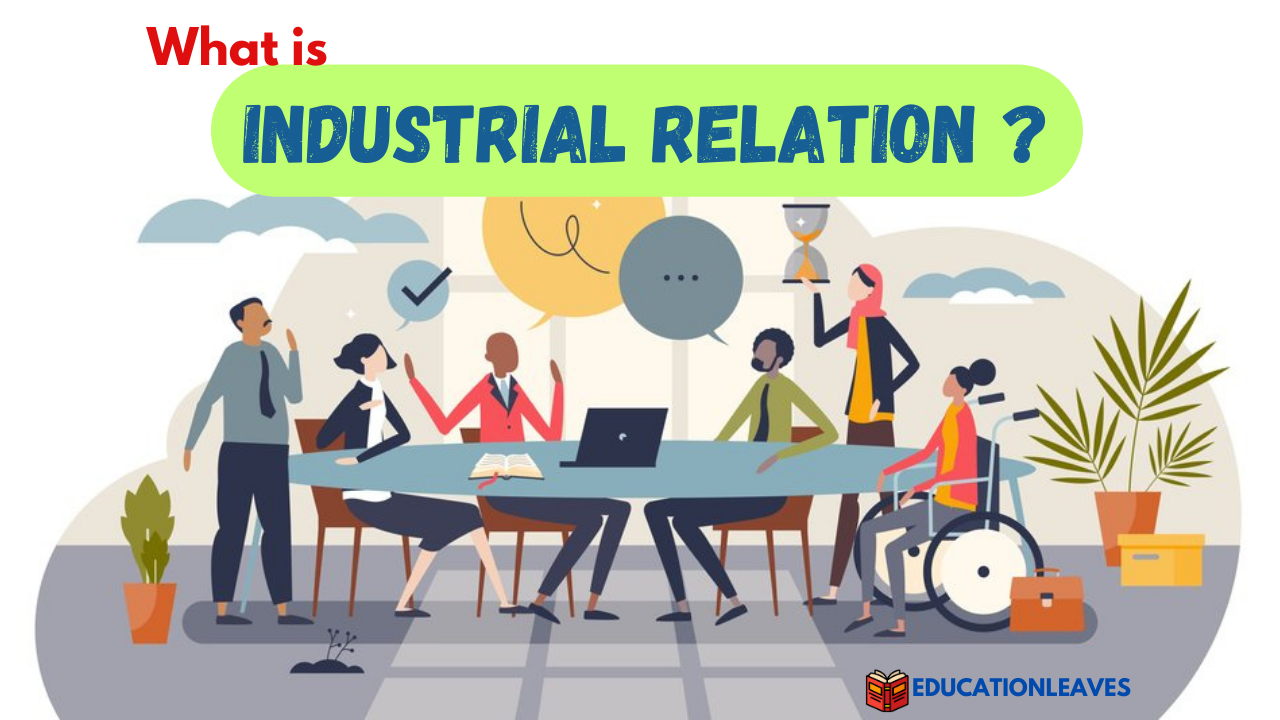Human Resource Management (HRM): Functions, Skills & Career Guide
Human Resource Management is a strategic approach to managing an organization’s most valuable asset – its people. At its core, HRM ensures that the right person occupies the right job at the right time, creating a perfect match between employee capabilities and organizational needs.










